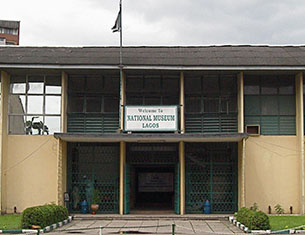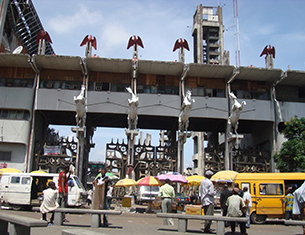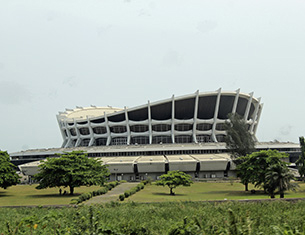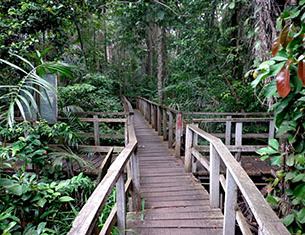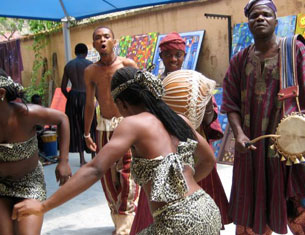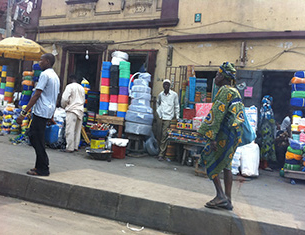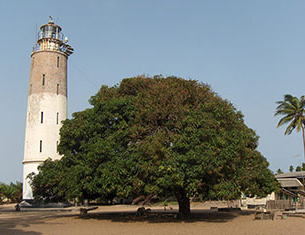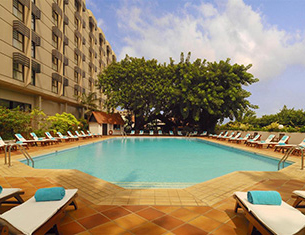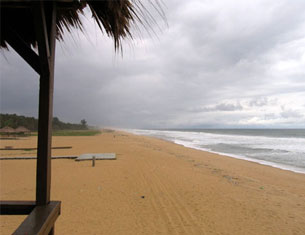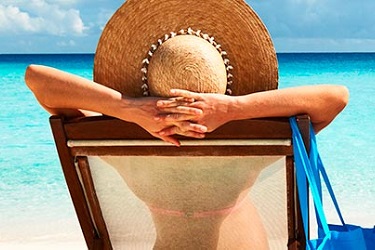Visit Lagos
About Lagos
Now a centre of excitement and bubbling energy, Lagos is home to a mind-boggling 17.5 million people, so you’re not going to find peace and tranquility, but embrace all it has to offer and you’ll find it exhilarating.
The city has a lively arts and music scene and offers a fascinating experience for all your senses.
The heart of the city fills the west bank of Lagos Lagoon, and as well as this mainland there are several islands. Lagos Island is where most business and entertainment activity takes place, and where most upmarket residential areas are. It also contains many of the largest markets and the National Museum. The island’s Ikoyi district has numerous hotels, nightclubs, a park and a golf course. Victoria Island is also a business and entertainment hub with several shopping districts. Both islands are separated from the mainland by the main channel linking the lagoon to the Atlantic Ocean.
Travel Tips
Take the usual big city precautions of not carrying your valuables around or walking alone at night.
The official languages are Hausa, Igbo or Yoruba but English should get you by.
Time
Nigeria is GMT+1, with no daylight savings.
Currency
The naira is the currency and you can change money at hotels, banks and forex bureaux. The black market offers better rates, but it’s illegal and risky. ATMs are commonplace and GTB bank is the most reliable for foreign cards. Credit cards are accepted at tourist outlets.
Weather
Nigeria has a tropical climate. In Lagos, on the coast, the temperature rarely exceeds 32°C, but humidity is high and the nights are hot. The city has two wet seasons, with the heaviest rains from April to July and another rainy spell in October and November. There’s a dry spell in August and September and an arid season from December to March. The latter brings strong winds from the Sahara between December and early February.
Electricity
Electrical sockets use three square pins, with some taking three round ones. The standard voltage is 230V.
Communications
Technically, the mobile networks have the city covered, but with so many people and phones, connectivity can be erratic. Internet access has improved enormously over the past few years. There are Internet cafés and wifi hotspots in some restaurants, cafés and hotels.
Public Transport
Lagos is famous for its traffic jams, so always allow lots of time for travelling.
The Bus Rapid Transit system has helped a lot, because buses run in dedicated lanes. Fares are affordable and there are numerous routes around the mainland and out to the islands. Tickets can be bought from vendors at the bus stop before boarding. It makes sense to buy a booklet of tickets in advance, because vendors aren’t there in the evenings. Some smaller yellow buses also run around the mainland and across to the islands.
Keke napep, motorised tricycles that can carry three passengers, are useful for short distances. Ordinary taxis can be hailed in the street or called through. They have meters, but you might get a lower fare by haggling. If you’re not on a tight budget, hire a car and driver from hotels or the airport.
Airport to City Center
Murtala Mohammed International Airport is about 10km north of Lagos Island. Yellow taxis outside the terminal are the easiest and safest way to get in. Agree on a fare before setting off. Avis and Hertz have car hire desks at the terminal. Allow plenty of time to return to the airport – and go through the security checks – when flying out.
For South African Airways flight offers, visit our flights to Lagos page.


